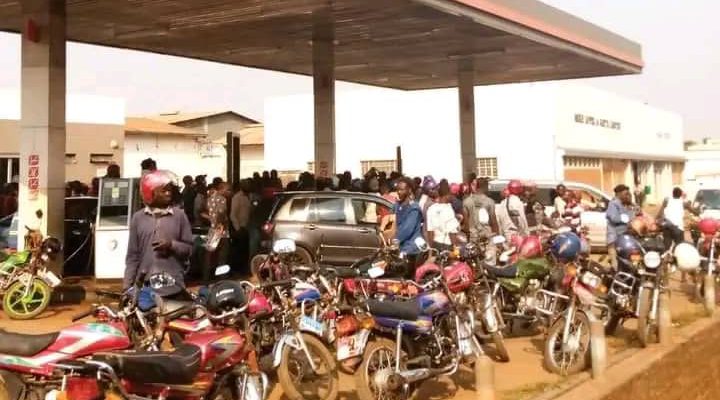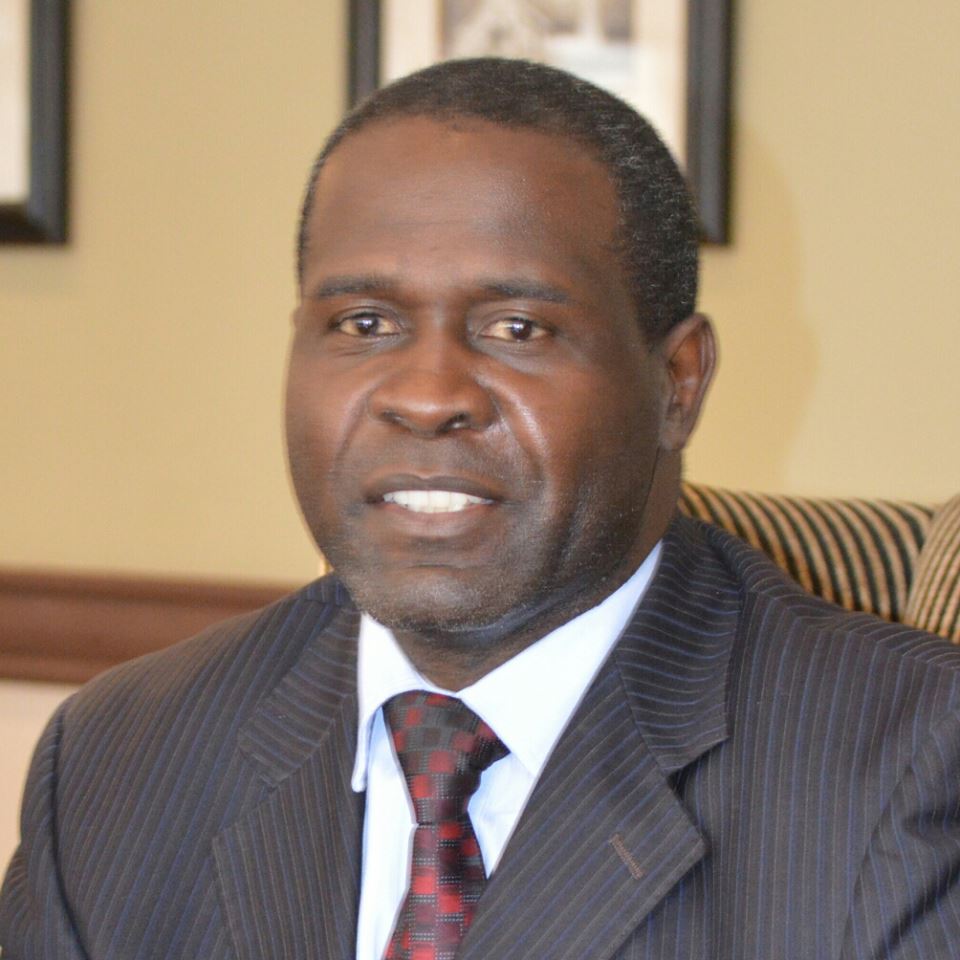
Malawi is currently grappling with a deepening fuel crisis, one that has exposed significant governance and management failures under President Lazarus Chakwera’s administration. This crisis, characterized by persistent fuel shortages and widespread discontent, has sparked growing calls for the resignation of key officials, including the Chief Executive Officer of the Malawi Energy Regulatory Authority (MERA) and the Minister of Energy. Beyond the immediate fuel shortages, the crisis is inflicting severe economic and social damage, disproportionately affecting the poor and vulnerable.
This article delves into the origins of the crisis, its far-reaching consequences, and the escalating demand for accountability from top energy sector officials.
The Roots of the Fuel Crisis
The fuel shortages in Malawi have been attributed to a mix of global economic pressures and domestic governance issues. On a global scale, rising crude oil prices and supply chain disruptions have worsened the situation. Locally, a lack of foreign currency reserves has crippled the country’s ability to import adequate fuel supplies. However, critics argue that poor planning, inefficiency, and corruption within MERA and the Ministry of Energy have compounded these challenges.
Despite assurances from President Chakwera and other officials, the crisis has worsened, with long queues at filling stations and repeated disruptions to essential services. This has fueled public anger, with many accusing the government of neglect and incompetence.
Impact of the Crisis
1. Disruption of Key Services
• Healthcare: Hospitals reliant on fuel for generators and ambulances are struggling to deliver critical services, endangering patients’ lives.
• Transportation: Public buses and private transport services have been paralyzed, making it difficult for workers and students to commute.
• Agriculture: Farmers are unable to transport goods to markets, threatening food security.
2. Economic Fallout
• Inflation has surged as transportation costs have driven up the price of essential goods.
• Businesses, particularly small enterprises that depend on affordable fuel, have faced closures and reduced productivity, further exacerbating unemployment.
3. Social and Political Consequences
• Public discontent has manifested in protests and calls for accountability. Trust in the Chakwera administration has plummeted, with citizens demanding concrete solutions.Demand for Resignations
Amid the crisis, public anger has turned toward MERA CEO Henry Kachaje and Minister of Energy Ibrahim Matola. Critics argue that their failure to anticipate and mitigate the crisis underscores a lack of competence and accountability in their leadership.
Critics argue that their failure to anticipate and mitigate the crisis underscores a lack of competence and accountability in their leadership.

Civil society organizations and opposition parties have intensified calls for their resignations, accusing them of negligence and mismanagement. They contend that both officials failed to ensure proper fuel procurement and management systems, despite clear warnings of impending shortages.
• MERA’s Role: As the regulatory body for energy in Malawi, MERA is tasked with ensuring a stable supply of fuel and energy resources. Under Kachaje’s leadership, the authority has faced accusations of corruption and inefficiency, which have exacerbated the crisis.
• Ministry of Energy’s Oversight: Minister Ibrahim Matola has been criticized for his lack of proactive measures and for offering inadequate explanations for the fuel shortages. Many view his continued presence in office as a symbol of the government’s unwillingness to hold leaders accountable.
Civil society organizations such as the Human Rights Defenders Coalition (HRDC) have warned of nationwide protests if these officials do not step down. Their resignations, according to many, are essential for restoring public trust and ensuring reforms in the energy sector.
Impact on the Poor
The fuel crisis has disproportionately affected Malawi’s poor, who bear the brunt of rising transportation costs and inflation. With public transport disrupted, many are forced to pay exorbitant fares, while basic commodities such as food and medicine have become increasingly unaffordable.
Rural communities are particularly hard-hit, with farmers unable to access markets and isolated villages cut off from essential services. The crisis has deepened poverty and inequality, pushing millions into greater economic insecurity.
Chakwera Administration’s Response and Failures
The Chakwera administration has introduced short-term measures, such as negotiating fuel imports from neighboring countries and seeking foreign exchange from international donors. However, these responses have been criticized as reactive and insufficient.

Calls for structural reforms, including increased transparency in fuel procurement and investments in alternative energy sources, have gone unheeded. Critics argue that the government’s failure to act decisively reflects a lack of leadership and vision.
The Way Forward
To address the crisis and restore public confidence, the following steps are necessary:
1. Resignations and Accountability: The MERA CEO and Minister of Energy must step down to pave the way for competent leadership in the energy sector.
2. Fuel Supply Stability: The government must secure long-term agreements with reliable fuel suppliers and prioritize the stabilization of foreign currency reserves.
3. Energy Sector Reform: Tackling corruption and inefficiency within MERA and the Ministry of Energy is crucial for rebuilding public trust.
4. Protecting the Poor: Targeted subsidies and social protection measures are needed to shield vulnerable populations from the worst effects of the crisis.
Conclusion
The fuel crisis has revealed deep flaws in Malawi’s governance and economic management, with MERA and the Ministry of Energy at the center of the controversy. The demand for the resignation of MERA CEO Henry Kachaje and Minister Ibrahim Matola reflects growing frustration with the Chakwera administration’s failure to address the crisis effectively.
If these officials remain in office without significant improvements in the fuel supply and energy sector, the political and social consequences could be dire. Addressing the crisis requires not only leadership changes but also a commitment to long-term reforms that prioritize the needs of ordinary Malawians.


